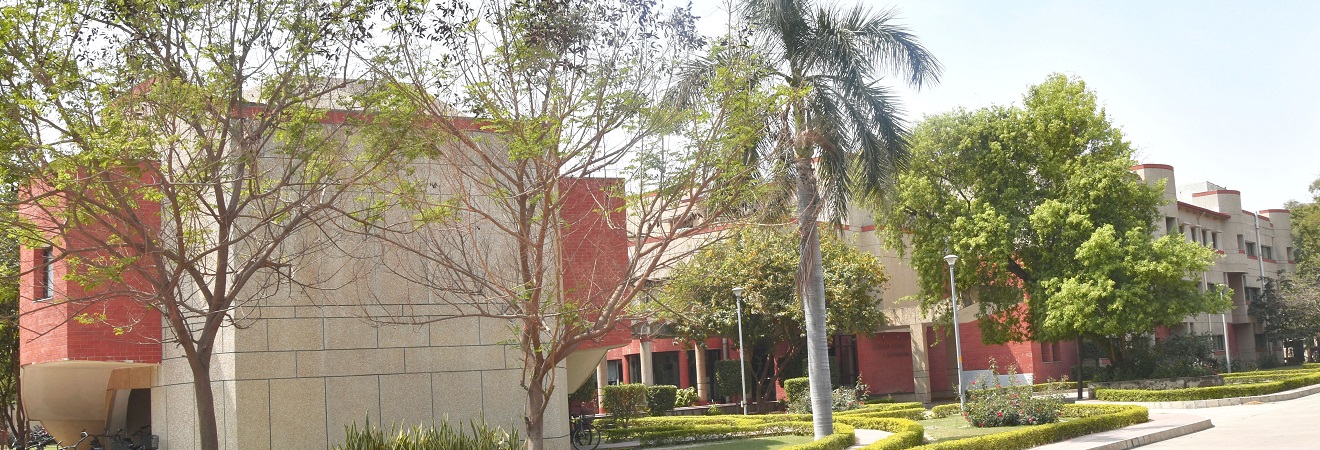 Nitin Mohan, Assistant Professor
Nitin Mohan, Assistant Professor
This email address is being protected from spambots. You need JavaScript enabled to view it.
(91) 512-259-4103
Link to Lab Webpage
Dr. Nitin Mohan did his Masters in Physics from Mahatma Gandhi University, Kerala and received his PhD in Nanoscience and Nanotechnology from Academia Sinica, Taiwan. He then pursued post-doctoral research at Ecole Normale Superieur-Cachan, France and ICFO- The Institute of Photonic Sciences, Barcelona, Spain. Prior to joining IIT Kanpur in December 2018, he was a post-doctoral research fellow at the Perelman School of Medicine, University of Pennsylvania, Philadelphia, USA.
The Dr. Nitin Mohan’s research interest is to visualize and understand how small biomolecules work in coordination with one another to perform vital functions that are a requisite for life. A quantitative grasp of the spatial and temporal orchestration of these molecular interactions and their organization to form functional nano-complexes could provide insights on how these biological processes are regulated for healthy functioning and what goes wrong in diseases. To this end, we develop advanced super-resolution STORM/PALM imaging methods with an edge over conventional optical microscopy in visualizing and quantifying nanoscopic molecular organization and dynamics. The specific biological questions we are trying to address are 1) regulations of intracellular transport by microtubule modifications and motor protein organization, 2) probing lysosome-mTORC1 interactions in response to nutrient signaling, and the implications of these processes in neurodegenerative disorders and lysosomal storage diseases. In parallel, advancement in optical engineering for developing fast and live high-resolution imaging and software development for image and data analysis is also being pursued.
The other area of interest to the lab is to develop fluorescent nanodiamonds(FNDs) as a probe for long-term in-vivo tracking and drug delivery applications. Novel approaches to bio-functionalize the surface of FND to enhance specificity in targeting and treatment of cancer is the goal. Also, the possibilities of using FND functionalized with viral and pathogenic proteins as surrogates to track how they evade endo-lysosomal pathways will also be explored.

